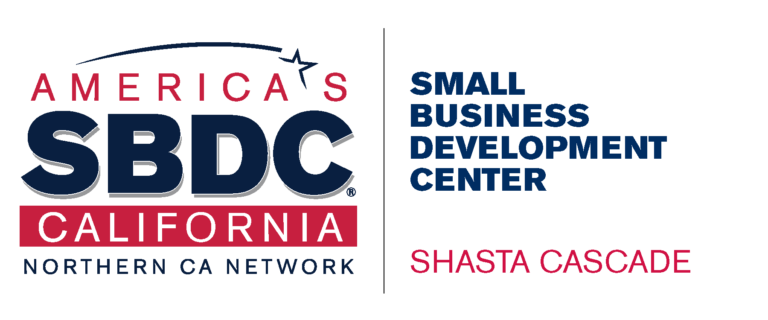Budgeting for 2023
It’s a new year, which means it’s a good time to review your budget: how you did in 2022, how you expect to do in 2023 and where you can maximize your income.
by David Walker, Joe Rodola, Emily Christensen
Creating and following a budget is one of the most important parts of managing your business. A budget can help you remain fiscally disciplined and set aside cash for growth, emergencies and/or retirement. And your budget should be reviewed regularly.
So, here are some things you can do to create your budget for the new year, and possibly start to plan out how you can maximize your financial effectiveness.

1) Your revenue
First, you will want to consider your income sources. Since the past can sometimes be a significant indicator of what the future will hold, go through 2022 and earlier years. Ask yourself what happened during those times; what was good and what could have been better.
Then think about 2023. What concrete steps can you take to improve these numbers? Will I have to raise prices due to inflation? Where can you find additional revenue and will it be worth the effort and financial risk to go down additional / other roads to sales?
2) Your costs
Generally speaking, there are two kinds of costs you will want to consider: fixed costs and variable costs.
Fixed costs
Fixed costs are expenses that are the same, month to month. These are things like rent, insurance, loan payments, internet service, etc.
Variable costs
These are costs that might change month to month. The materials you purchase for the products you sell (i.e., costs of sales) are an example of variable costs. Let’s say the material for each item you sell costs $2. If you sell 10 items in one month, your cost of sales that month is $20. If you sell 15 the next month, it’s $30. It’s different each month, so it’s considered variable.
Utilities are another good example; in the summer, your electric bill might be higher if you use air conditioning, but gas used for heat will likely be higher during the winter. Other variable costs might be contract labor, packaging, special ads, etc. And don’t forget salaries (which may be fixed or variable)!
3) Other contingencies
Think about other things you’ll want to fund during the year. If you’re a sole proprietor, are you saving for retirement? If you think you might have an opportunity for growth by using a new marketing strategy, can you plan your expenses so you’ll be able to take advantage of that prospect when the time comes? What about setting aside funds for emergencies or in case of a disaster?
—–
You can find more information, and budget templates, online. You can also ask us and we will happily send you one we use that works for most companies we counsel. Or, we are happy to have you meet with one of our expert advisors who can sit with you and help you design your budget and cash flow for the coming year. Remember, this costs you nothing (sort of; we are funded by the Small Business Administration and the State of California, so you’ve already paid for our support through your taxes).
Putting together your budget for the year is an important exercise for every entrepreneur. Contact us today and let us help you plan for your future. Our ultimate goal is to make you as successful as possible.

